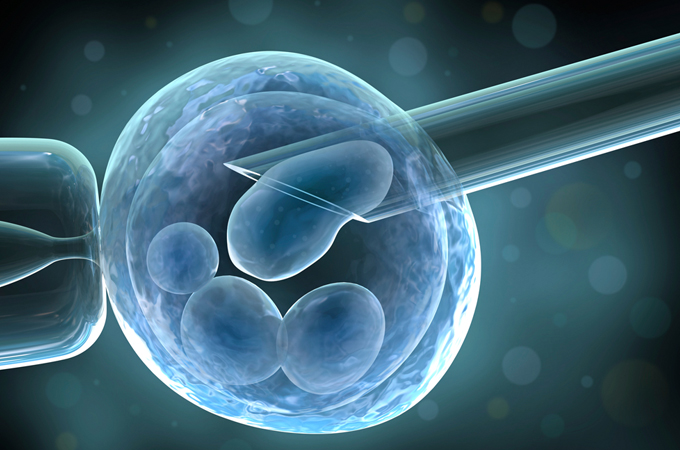
Recurrent IVF Failures
DescriptionNumber of patients with recurrent IVF failures are on rise
With a growing infertility problem, IVF today has become a well-known and widely accepted technology that is safe, efficient and reproducible. IVF has come a long way from 1978, with the birth of the first IVF baby, which can be attributed to improved drugs, better lab equipment and an evolved culture and media. IVF in today’s scenario has reached the success rate exceeding 50 percent, showing constant growth and improvement in terms of achieving success.
As technology cannot promise guaranteed success, some couples seeking IVF treatment might face failure in spite of doing multiple cycles, which we label as recurrent implantation failure. It can be very emotionally and financially draining, where in spite of trying hard, a couple fails to achieve pregnancy. RIF is technically defined as when four or more good quality embryos are transferred or three failed transfers with good quality embryos.
Failure of embryo implantation can be because of embryonic factors, oocyte or sperm or uterine factors. Advanced maternal age is one of the common reasons as late marriage and delay in planning pregnancy has become very common. Obesity, smoking, stress and poor lifestyle are other contributing factors.
Advance semen analysis and DFI, test for endometrial receptivity and genetic analysis of embryos before transfer can throw some light on causes of RIF.






